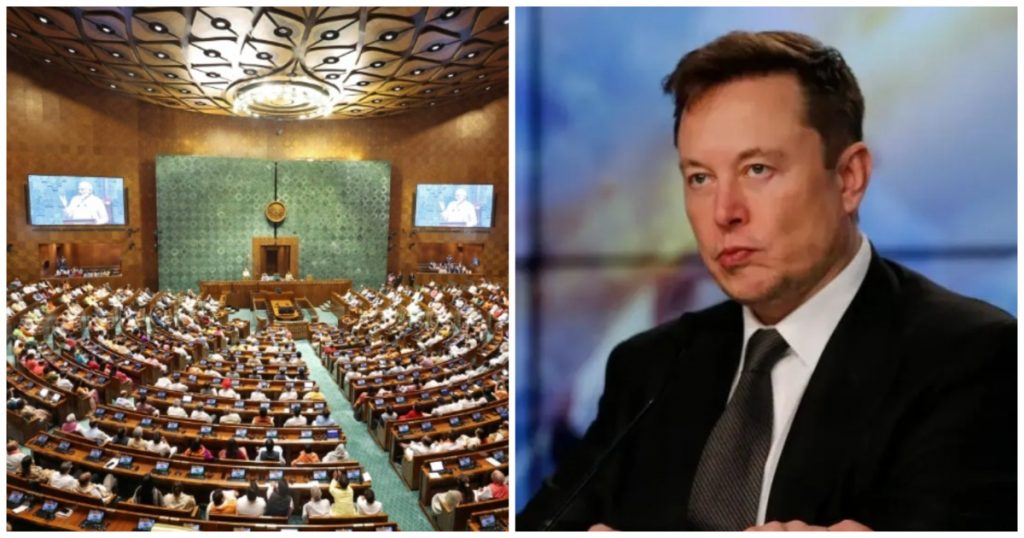Tesla’s long-awaited entry into India might soon run into even more roadblocks.
The Indian government has told parliament that there’s no proposal to provide subsidy on import duty on imports of electric vehicles into the country. There had been speculated that the Indian government might lower import duties for Tesla in return for the company setting up manufacturing plants in India. But the government has said that this isn’t currently the case.

“Presently, there is no proposal either to provide exemption from local value addition cost or to provide subsidy on import duty on import of electric vehicles in India,” said Minister of State for Commerce and Industry Som Parkash. He was responding to a question whether it was a fact that the government has a proposal under consideration to exempt Tesla and other multinational car companies from local value addition of cost in heavy batteries, semiconductors and even magnetic parts and also subsidy on the import duty on the import of electric vehicles in India.
Interestingly, it had been reported just last week that Tata Motors was lobbying with the Indian government to not reduce the import duty on EVs as Tesla’s India entry had loomed. Tata has reportedly been arguing that local investors had made investments in the Indian EV industry assuming that import duties wouldn’t be cut for foreign cars, and the entry of foreign brands into the market would eat into their business. Tata is arguing that India’s EV players need more government support in the early growth stage of the industry.
This presents a tricky tightrope for the Indian government to walk. The government has been actively encouraging the domestic EV industry through PLI schemes and subsidies like FAME. It also wants cutting-edge companies like Tesla to manufacture in India, and bring some of its expertise to Indian shores. But Tesla in turn wants the Indian government to reduce the import duties for its foreign-made cars in return for setting up manufacturing facilities in India. But if the Indian government reduces import subsidies for foreign cars, cars from companies abroad will be able to flood the Indian market, and deal a blow to the very domestic EV industry that the government is trying to promote. It’s difficult call for the Indian government to make — and one that has no easy answers — but for now, it appears that Tesla and foreign companies might not be getting the exemptions that they were hoping for in order to enter the Indian market.